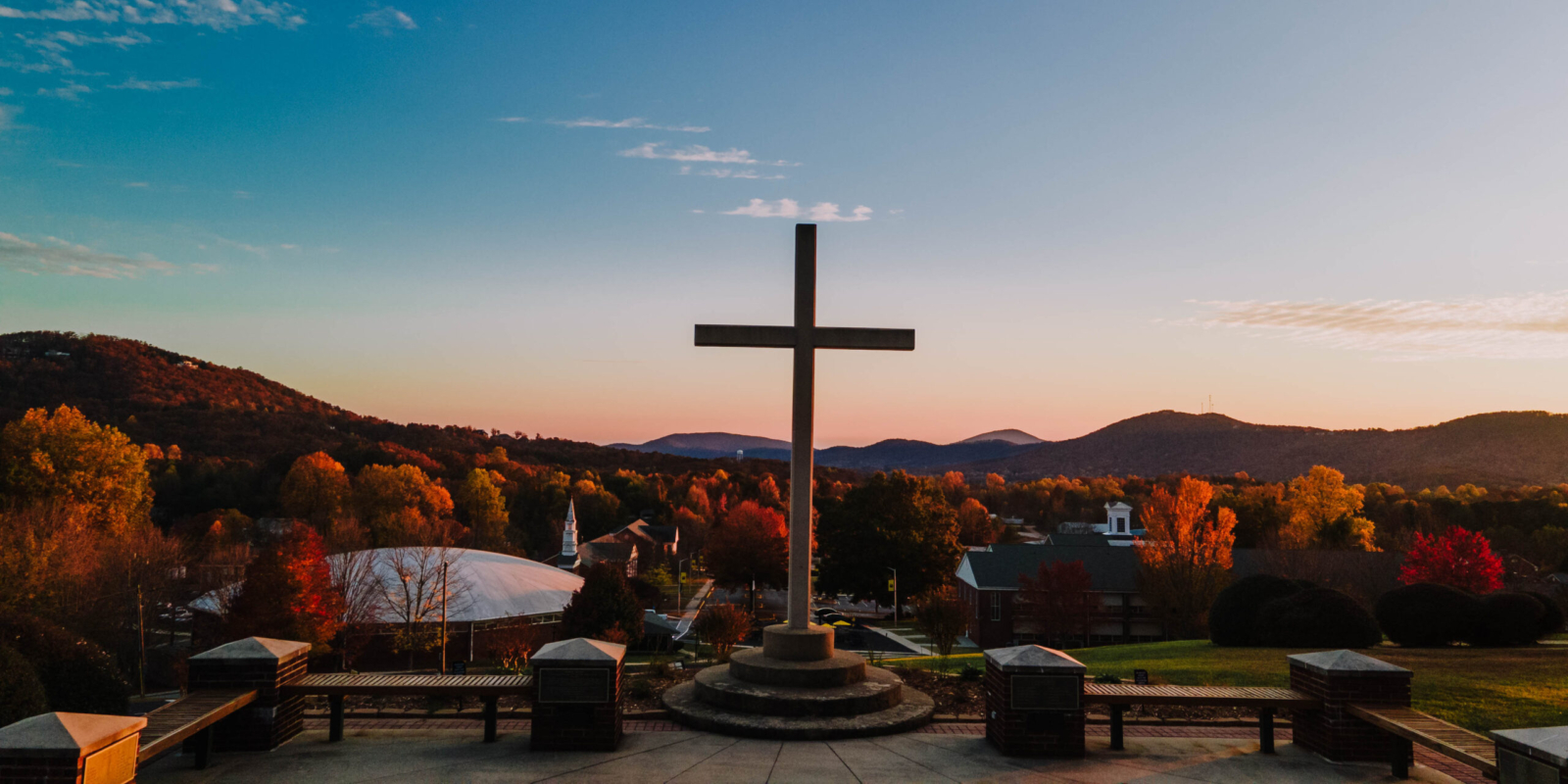by Norm Miller
George Blaurock’s name marks Truett-McConnell College’s proposed student recreation center (SRC) – a facility not yet built, but already called the Rock.
Like a rock, Blaurock stood stone stiff in his faith and practice, and that example provides the impetus for his name donning the SRC.
Swiss-born, Blaurock’s early years are a mystery. Even his birth is cited by some historians as ca. 1492. But of the evangelical aspects marking his adult life until his death in 1529, much more is known.
Educated at the University of Leipzig, Blaurock was a Roman Catholic priest until his conversion to Christ and evangelical Anabaptism. Before arriving in Zurich with his wife around 1524, however, the seeds of radical transformation apparently had taken root in Blaurock’s heart and life because he evidently had abandoned the priesthood.
Perhaps attracted by the significant changes and the Reformation already begun in Zurich by Zwingli and others, Blaurock’s search for truth led him in 1525 to Zwingli. Blaurock wanted to consult with him concerning the gospel, but being disappointed turned to Conrad Grebel and Felix Manz for the truth.
These and other men, known as the Radical Reformers, believed the so-called Reformation did not go far enough, as Zwingli was defending, among other things, the baptism of babies, or, paedobaptism.
One source* says that Blaurock sought Grebel and Manz – members of the Swiss Brethren Church – to talk about “matters of faith, and in the pure fear of God had recognized and found that it was necessary to learn a true faith, active in love, through preaching from the Word of God . . . and to remain steadfast in tribulation until the end.”
Perhaps despondent that the Reformation proved scripturally insufficient, but surely encouraged by biblical truth and the Holy Spirit, Blaurock, Manz, Grebel and others met in Manz’s house on a cold January night in 1525.
One Anabaptist source recounts that meeting:
And it happened that they were together until fear struck them and came upon them, and they felt compelled in their hearts. Then they began to bend their knees before the highest God in Heaven and called upon Him as one who knows the heart and prayed Him to show them mercy. For flesh and blood and human wisdom did not lead them to this act, because they knew what they would have to endure and pay for it. After the prayer [Blaurock] arose and entreated Grebel for God’s sake to baptize him with the true Christian baptism upon his faith and understanding, and when he had knelt with such request and desire, Conrad baptized him, because there was then no ordained minister for such work. When this had happened, the others likewise turned to [Blaurock] with the request that he baptize them, which he also did upon their request, and thus in the fear of God they committed themselves together to the name of the Lord, each confirmed the other to the service of the Gospel and began to teach and to keep the faith.*
Though the men once were “christened” as babies, they re-baptized each other, thus providing the meaning of Anabaptist (re-baptizer).
Described as having a tall, powerful physique, fiery eyes and coal black hair, Blaurock joined the Anabaptists in defiance of an order to observe infant baptism. Instead, the Anabaptists preached in the streets and went door-to-door, entreating hearers unto repentance and salvation, and crying, “Woe to Zurich.”
Developing ardent followers, Blaurock and company attended a church in Zollikon, whereupon the fiery-eyed Blaurock stopped a Zwinglian on his way to the pulpit, telling the baby baptizer that he, Blaurock, instead would preach.
This action got Manz, Blaurock and 25 Zollikoners arrested. The 25 were released, but Blaurock and Manz were detained to answer for their “crime.”
Defending himself in a letter to the council, Blaurock said Zwingli did more violence to Scripture than previous (Roman Catholic) church leaders. Blaurock later was released upon a promise of peaceful conduct.
Choosing to obey God rather than men, Blaurock would not stop, however, as he continued to witness of Christ, preach, and baptize believing adults. Almost constantly on the move – sharing the gospel and only sometimes evading the authorities – Blaurock continued in an itinerant ministry until he was arrested, severely beaten, and banished from Switzerland.
Blaurock retreated to the Tyrol region of Western Austria, where he continued in ministry as pastor of a church, whose previous pastor was burned at the stake.
Many believers were baptized and churches founded during Blaurock’s season in Tyrol. However, Innsbruck authorities arrested Blaurock in 1529, sentenced him to death, and burned him at the stake on September 6, 1529.
Not yet 40 years old, Blaurock met his Savior, again, this time in flames of death, and of eternal life.
Though scorched, rocks are not consumed by flames.
The heart of that radical reformer, George Blaurock, and the Anabaptist vision of unswerving commitment to the gospel of Jesus Christ live on at Truett-McConnell College.
Blaurock epitomizes the Anabaptist vision. His staunch stance for biblical truth and practice emblazons his name upon the pages of evangelical history and on Truett-McConnell College’s proposed student recreation center.
###
* Global Anabaptist Mennonite Encyclopedia Online
Return to News Archive